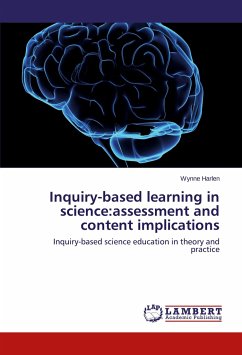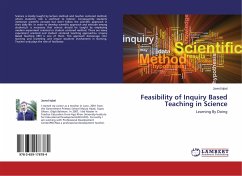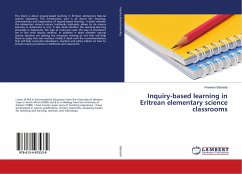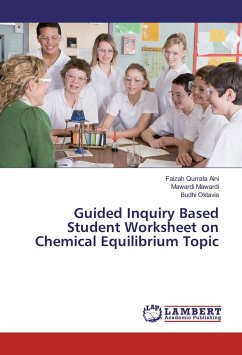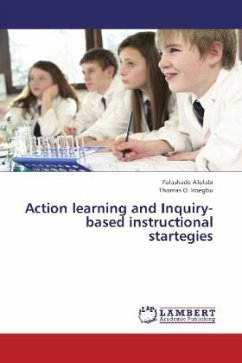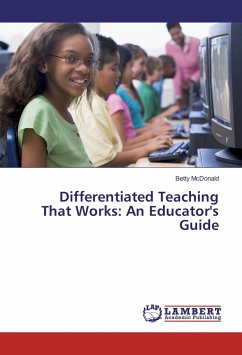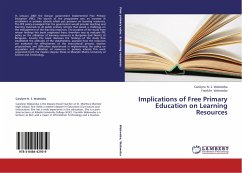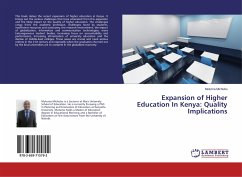Learning science and mathematics through inquiry has the potential to develop understanding, competences and attitudes needed by everyone in increasingly technology-based societies. This book provides a model of how inquiry leads to the progressive development of ideas and the role of inquiry skills in this process. But when the pedagogic practices involved in inquiry-based education are set out it becomes evident that these are significantly different from those used in traditional science classrooms. In particular there are implications for curriculum goals and for assessment. Inquiry learning is time-consuming so it makes sense to focus on developing ideas that are most relevant and useful. So instead of the overload of specific facts and theories, that characterize many science curricula, it is proposed that the curriculum should set out the goals of science education as a progression towards a limited number of 'big' ideas. In the case of assessment, its influence on what ittaught and on pedagogy is well known. The roles of assessment in helping learning and reporting on what has been achieved are discussed in the context of inquiry-based education.
Bitte wählen Sie Ihr Anliegen aus.
Rechnungen
Retourenschein anfordern
Bestellstatus
Storno

